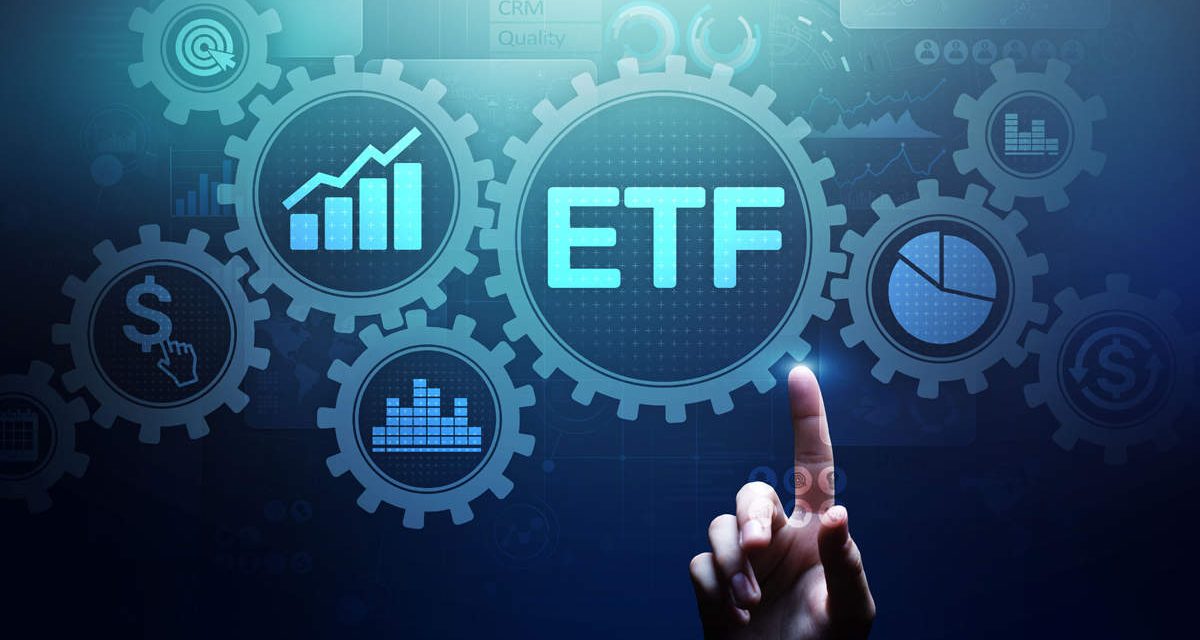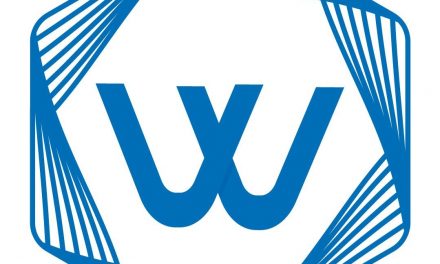There’s been a bit of excitement on the ZSE with the launch of two new ETFs in 2022. The Morgan and Co Multi-Sector ETF (MCMS) and the Datvest Modified Consumer Staples ETF (DMCS) joined the Old Mutual ZSE Top Ten ETF (OMTT) to make it 3 in total with more ETFs in the pipeline. The ZSE saw fit to create an ETF index to track the aggregate performance of ETFs. Much like Unit Trusts which started with humble beginnings, I believe there are a few reasons ETFs will have a great future in the Zimbabwean investing landscape.
Simple – mostly
ETFs, bring a degree of simplicity that many will appreciate to investing. They take the best features of a Unit Trust Fund and combine them with the best features of listed shares to give investors the best of both worlds. Having a team of professionals to choose the constituents of the fund and/or manage the constituents of the fund to match an index is all taken care of for you. You get a simple entry mechanism, akin to buying shares as easy as it has become today with direct access platforms. Many people just want to invest and for them, ETFs provide a great solution.
Low price per unit
The other great feature that ETFs borrow from Unit Trust funds is the low unit price. Until recently the ZSE only allowed users to buy and sell shares in multiples of 100. While many shares are lowly priced it’s fair to say some are quite demanding. Placing them out of the easy reach of many investors. Now users can buy any number of shares as long as they meet transacting minimum of at least ZWL$100. ETFs have small units with both OMTT and DMCS units starting at $1 while the MCMS started at $10. This entry value is a better proposition than buying lowly priced shares which while affordable are usually lowly priced for a very good reason.
Ease of entry and exit
While this is always going to be a matter of market functions you will find that ETFs will offer easier entry and exit for investors. Unlike shares which require a lot of work and approvals to increase their quantity (which also dilutes value), ETFs can easily be increased if the fund manager sees a need to do so. This means that for so long as the fund manager is concerned you can expect liquidity in the market. In addition to the number of units fund managers also play market maker roles meaning they facilitate the entry and exit of investors matching whichever side needs to be matched, demand or supply.
Work is done for you
Stock market investing is a bit like operating a computer. Anybody can push the on button and enter a few commands. Some people know what happens inside the computer when they push buttons. Few people understand how it all comes together and fewer still are capable of putting together the system that makes it happen. Anybody can succeed at stock market investing but on average the more you know the better the results you will get. ETFs level this playing field. You will still need the ability to know a great ETF from a less than great one in the case of managed funds but beyond that, you need to know little else to make it.
Invest in the index
This has been a feature of investing in markets across the world for a very long time but is only just reaching Zimbabwean shores. Index fund investing is a good way to make good money investing. Generally, we have noticed that certain industries or sectors will have above-average returns. The chart below illustrates this point very well with the year to date picture on Morgan & Co Sector Indices. Two of our current ETFs, the OMTT and DMCS are both index benchmarked funds though as the name suggests the DCMS is a managed fund. The point is clear and as we see more ETFs spring up we will hopefully get exposure to more index fund investing on the ZSE.
ETF investing is only in its infancy in Zimbabwe. If the rise of Unit Trusts is anything to go by then we have a lot to look forward to with ETFs.








